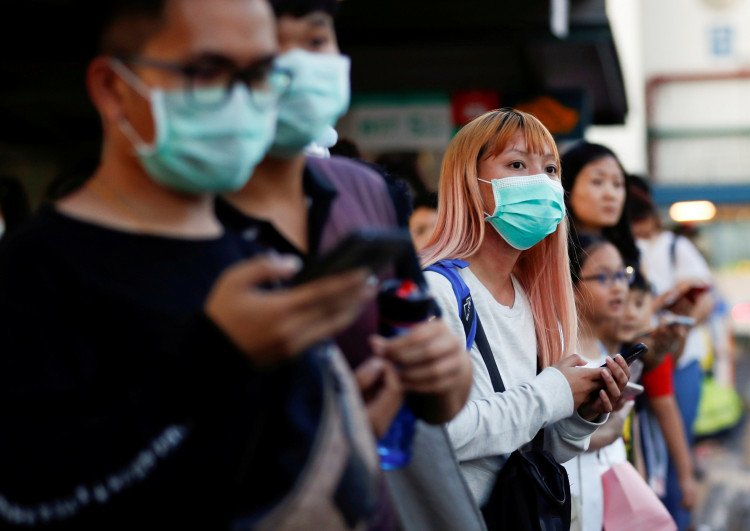Still hard hit by a more virulent COVID-19 pandemic, Singapore on Tuesday announced another massive economic stimulus package -- it's fourth -- even as it reports a dismaying jump in the number of coronavirus cases.
The government of prime minister Lee Hsien Loong revealed plans for a fresh and fourth economic stimulus package worth $23.2 billion (S$33 billion) to bolster businesses and households staggering from the massive economic slowdown induced by the pandemic.
Added to three previous stimulus packages, this latest infusion will see Singapore spend a total of $70.4 billion (S$100 billion) to rescue its moribund economy, once one of Asia's strongest. The total amount in the four stimulus packages is equivalent to almost 20% of the country's GDP, said Deputy Prime Minister and Finance Minister Heng Swee Keat.
Heng said the fourth stimulus "is a landmark package and necessary response to an unprecedented crisis." He told Parliament the additional spending will require the government to again withdraw massive sums from the country's considerable cash reserves.
Heng said the main focus of the budget (or stimulus package) is job creation. The package will continue to support workers and businesses affected by border closures and safe distancing measures. He also said the government will provide support to enable local businesses and workers to adapt, transform, and seize new opportunities given the significant changes in the global economy wrought by the pandemic.
Most of the money allotted in the last three rounds of stimulus packages went to a wage subsidy scheme. The subsidy was enhanced twice when the destructive extent of the pandemic's economic damage became clearer.
The first stimulus package unveiled in February was worth S$6.4 billion and named the Unity Budget. The second stimulus, named the Resilience Budget, was worth S$48.4 billion and revealed in March. The package for April was termed the Solidarity Budget and was worth S$5.1 billion.
Throwing money to minimize the already harsh economic impact of the pandemic will, however, do little to avert a huge slump in Singapore's economic growth this year. The latest forecasts from the Ministry of Trade and Industry released Tuesday now expect GDP to plunge from 4.0% and 7.0% in 2020.
This revised estimate places Singapore on track for its worst GDP contraction since 1964, when it experienced a 3.2% growth slump. The latest data shows the economy shriveling by 0.7% in the first quarter.
Also on Tuesday, the Ministry of Health of Singapore said it's initially confirmed 383 new coronavirus cases, bringing the country's total to 32,343, which is one of the highest in Asia.






